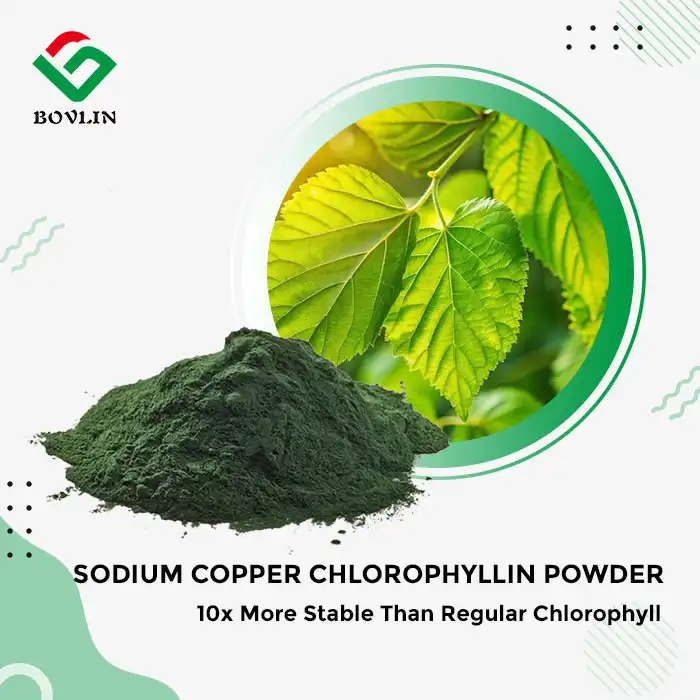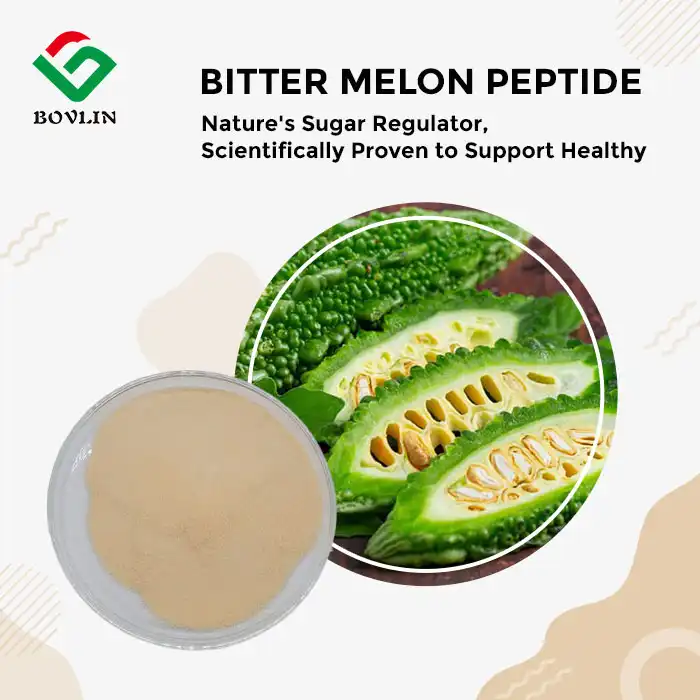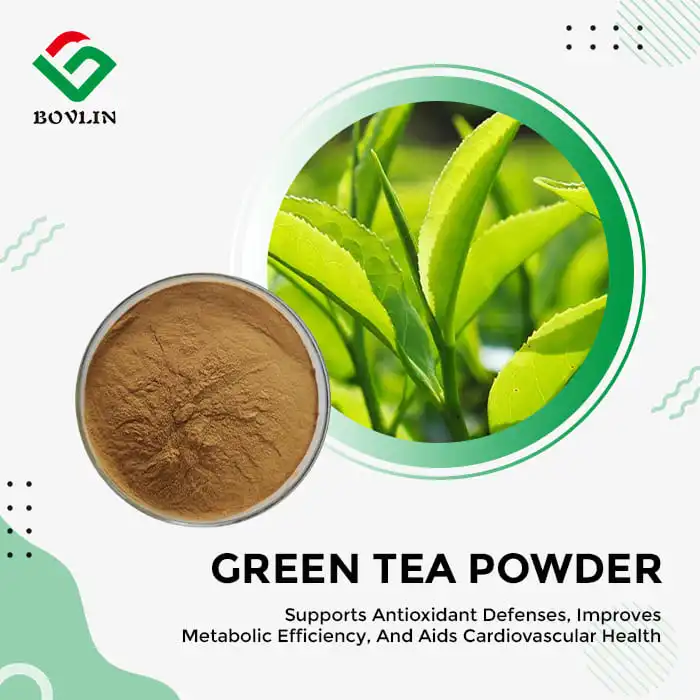Beyond Basic Nutrition: Holistic Health Impacts
Nutrient-Rich Profile
Oat peptides boast an impressive nutritional profile that extends far beyond basic sustenance. These bioactive compounds are rich in essential amino acids, providing a complete protein source for various formulations. The unique composition of oat peptides includes branched-chain amino acids (BCAAs), which play a crucial role in muscle protein synthesis and recovery. This makes oat peptides particularly valuable for sports nutrition products and functional foods targeting active individuals.
Digestive Health Support
The digestive benefits of oat peptides are noteworthy, offering potential applications in gut health products. These peptides have been shown to possess prebiotic properties, promoting the growth of beneficial gut bacteria. By supporting a healthy gut microbiome, oat peptides may contribute to improved digestion, nutrient absorption, and overall gastrointestinal function. Manufacturers of digestive health supplements and functional foods can leverage these properties to develop targeted products for consumers seeking gut health support.
Immune System Modulation
Emerging research suggests that oat peptides may have immunomodulatory effects, potentially enhancing the body's natural defense mechanisms. These peptides have been observed to stimulate the production of certain immune cells and cytokines, which play crucial roles in the immune response. For companies developing immune-boosting supplements or functional foods, incorporating hydrolyzed oat protein could provide an innovative approach to supporting overall immune health.
Anti-Inflammatory & Antioxidant Powerhouses
Cellular Protection
The antioxidant properties of oat peptides offer significant potential for cellular protection against oxidative stress. These peptides have demonstrated the ability to scavenge free radicals and reduce oxidative damage to cellular components. This protective effect makes oat peptides valuable ingredients for anti-aging formulations and products designed to support overall cellular health. Manufacturers in the nutraceutical and cosmeceutical industries can harness these properties to develop cutting-edge products that address oxidative stress-related concerns.
Inflammation Reduction
Chronic inflammation is a common underlying factor in various health issues, and oat peptides show promise in mitigating inflammatory responses. Research has indicated that these peptides can modulate inflammatory pathways, potentially reducing the production of pro-inflammatory cytokines. This anti-inflammatory action makes oat peptides attractive for use in products targeting conditions associated with chronic inflammation, such as joint health supplements or skincare formulations for sensitive or irritated skin.
Skin Health Enhancement
Hydrolyzed oat protein for skin applications has gained traction in the cosmetic industry due to its multifaceted benefits. The antioxidant and anti-inflammatory properties of oat peptides contribute to skin protection against environmental stressors and irritation. Additionally, these peptides may help improve skin barrier function, enhance hydration, and promote a more youthful appearance. Cosmetic manufacturers can incorporate hydrolyzed oat protein into their formulations to create innovative skincare products that address multiple skin concerns simultaneously.
Chronic Disease Shield: From Diabetes to Heart Health
Glycemic Control
Oat peptides show promising potential in supporting glycemic control, making them valuable ingredients for products targeting diabetes management. Studies have suggested that certain oat peptides may help regulate blood glucose levels by influencing insulin sensitivity and glucose uptake. This property opens up opportunities for manufacturers to develop functional foods or supplements that can complement diabetes management strategies. By incorporating oat peptides into their formulations, companies can offer innovative solutions to support stable blood sugar levels.
Cardiovascular Support
The heart health benefits of oat peptides are particularly noteworthy, offering potential applications in cardiovascular wellness products. Research has indicated that these peptides may help modulate blood pressure by inhibiting angiotensin-converting enzyme (ACE) activity. Additionally, oat peptides have been associated with improvements in lipid profiles, potentially contributing to better cholesterol management. Manufacturers of heart health supplements or functional foods can leverage these properties to develop targeted products that support overall cardiovascular well-being.
Weight Management Assistance
Oat peptides may play a role in weight management strategies, offering potential benefits for manufacturers in the diet and nutrition industry. Some studies have suggested that these peptides can influence satiety hormones, potentially helping to regulate appetite and food intake. Furthermore, the high-quality protein content of oat peptides can support lean muscle mass maintenance during weight loss efforts. These properties make oat peptides attractive ingredients for meal replacement products, protein supplements, or functional foods designed to support healthy weight management.
Conclusion
The diverse benefits of oat peptides make them invaluable ingredients for manufacturers in the health, wellness, and skincare industries. From their anti-inflammatory and antioxidant properties to their potential in supporting chronic disease management, oat peptides offer a wide range of applications. As research continues to unveil new potential benefits, the demand for products incorporating hydrolyzed oat protein is likely to grow. By harnessing the power of oat peptides, manufacturers can develop innovative, science-backed products that meet the evolving needs of health-conscious consumers.
Contact Us
For more information about our high-quality oat peptides and hydrolyzed oat protein products, please contact us at sales1@bovlin.com. Our team of experts is ready to help you explore how these powerful ingredients can enhance your product offerings and meet the demands of today's discerning consumers.












